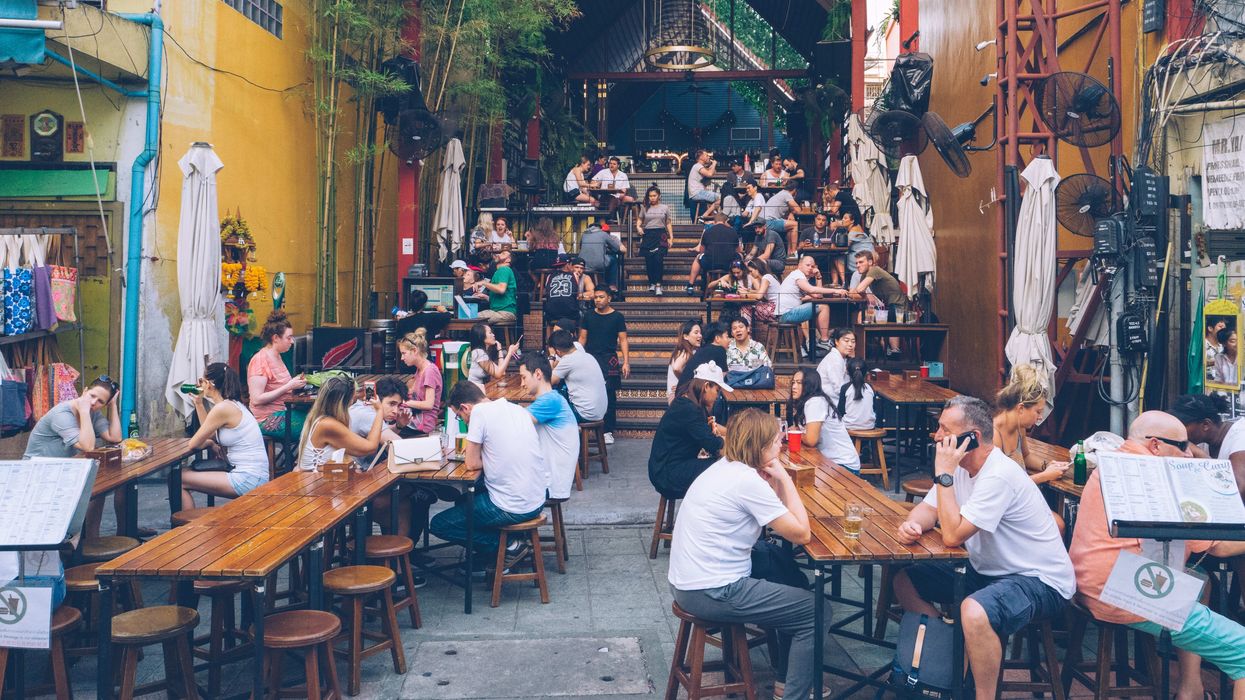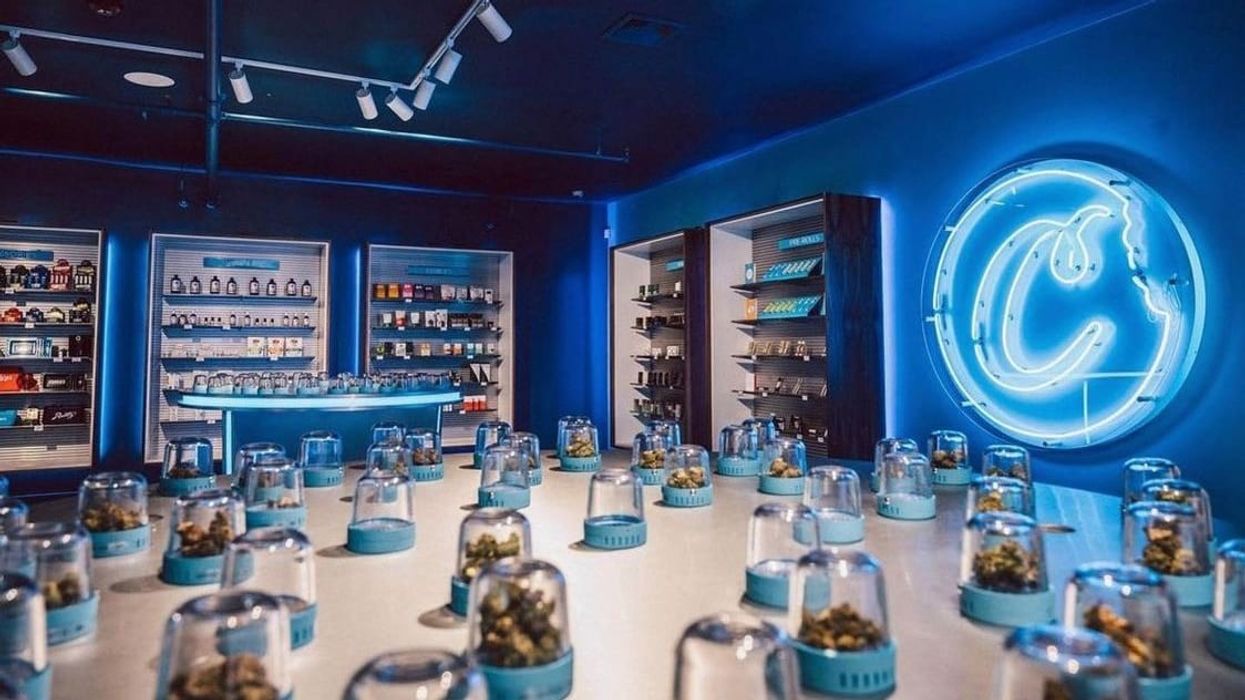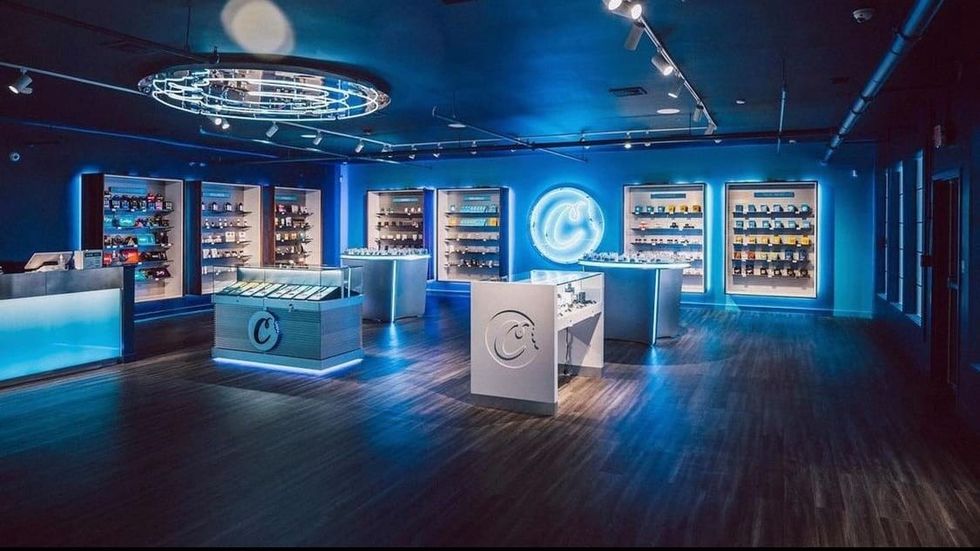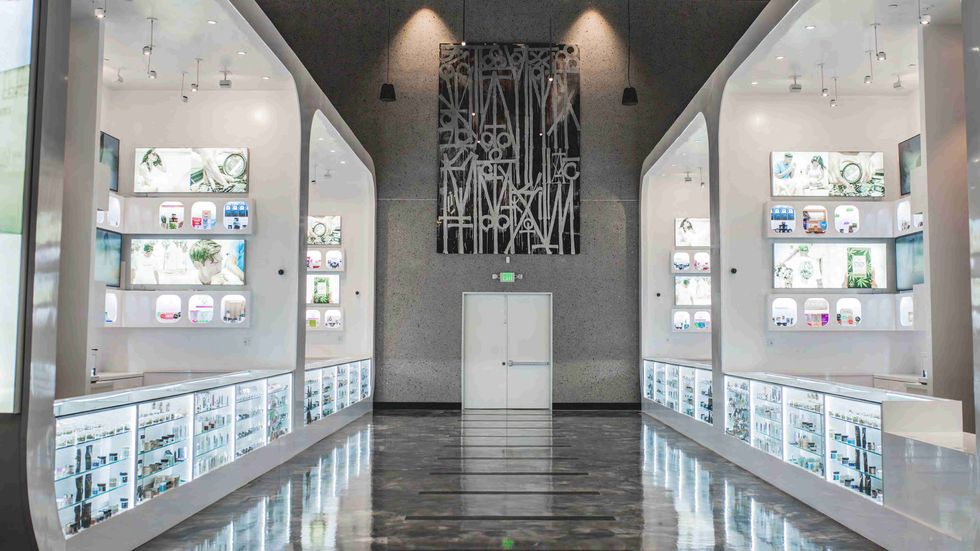California is one step closer to allowing the sale of food and non-alcoholic beverages inside legal cannabis dispensaries. On Wednesday, the state's assembly passed a bill that would grant localities the authority to approve such sales, overturning the current prohibition on serving food and drinks in recreational marijuana shops. The bill, introduced by State Assemblyman Matt Haney, will now be presented to the state senate for approval.
The existing regulations that restrict the sale of food and beverages in cannabis dispensaries are viewed as outdated and nonsensical by proponents of the bill. Haney highlighted the financial impact of these restrictions, explaining that many legal cannabis shops are losing out on potential revenue due to the inability to diversify their businesses. He emphasized the strong demand for these offerings and noted that the idea for the bill originated from shop owners themselves.
One of the main challenges faced by legal cannabis stores is the competition from the illegal market, which can bypass regulations and evade taxes. Haney acknowledged that the illegal market has an advantage by being able to offer experiences similar to those found in neighborhood bars. To remain competitive and attract customers, Haney argued that cannabis dispensaries should be permitted to sell food and non-alcoholic beverages.
Haney cited an example of a West Hollywood cannabis shop that previously sold its own food but had to cease the practice due to violations of the current rules. According to the current regulations, if food and drink are allowed in cannabis shops, consumption must take place indoors in well-ventilated areas. However, the bill clarifies that existing cafes and restaurants in California will not be able to offer cannabis on their premises.
It is important to note that the bill maintains restrictions on the entry of individuals under 21 years of age into cannabis dispensaries, even if the sale of food and drink is permitted. Concerns about clusters of pot cafes lining the streets are addressed by Haney, who explained that California's law prohibits multiple cannabis shops from being located near each other. He assured that the cannabis cafe landscape in the state will not resemble that of Amsterdam and emphasized the distance these establishments will maintain from schools.
While municipalities have the option to decline the implementation of the food and drink rules in dispensaries, some cities, including San Francisco, have already passed ordinances in anticipation of the bill becoming law. Haney expressed his satisfaction with the broad support for the proposal, noting the 64-9 vote in the Assembly and the bipartisan nature of the support. The positive reception among lawmakers who were initially hesitant about legalized marijuana highlights the significance of the cannabis industry for the state.
In addition to the bill's provisions on food and non-alcoholic beverages, it also allows for the inclusion of live music in cannabis dispensaries. This expansion of offerings aims to enhance the overall experience for consumers and further attract patrons to legal cannabis establishments.
California currently has several consumption lounges across the state, with approximately half of them located in the Bay Area. However, strict regulations limit the revenue potential for licensees operating these lounges. Existing rules prohibit the preparation and serving of food and beverages within consumption lounges, forcing license holders to rely on third-party providers for these services. Consumption lounge licenses are not separately available, meaning applicants can only apply for retail permits.
The current workaround for consumption lounges involves partnering with nearby cafes and restaurants to facilitate the delivery of food and beverages to consumers within the lounge. This arrangement, typically facilitated through QR codes, presents a missed opportunity for direct revenue generation for cannabis businesses.
The passing of this bill would mark a significant step forward for the cannabis industry in California, allowing dispensaries to offer a more diverse and inclusive experience for consumers. The bill's progress through the state assembly with bipartisan support demonstrates the growing recognition of the industry's importance and the need to adapt regulations to meet the evolving demands of consumers. However, it is important to note that the bill's journey is not yet complete, as it awaits approval from the state senate.
Assemblyman Haney's efforts to push this bill forward have been driven by a desire to address the limitations that legal cannabis businesses face in California. By allowing dispensaries to sell food and non-alcoholic beverages, these establishments can create a more welcoming and inclusive environment for consumers. The addition of live music further enhances the overall experience and sets the stage for a vibrant and engaging atmosphere within these establishments.
California's cannabis industry has come a long way since the legalization of recreational marijuana sales in 2018. However, it continues to grapple with the challenges posed by the illegal market, which often operates outside the bounds of regulation and taxation. By expanding the offerings available in legal cannabis dispensaries, the bill aims to level the playing field and provide a competitive edge to licensed businesses.
One example that Assemblyman Haney highlighted was the experience of a West Hollywood cannabis shop. Initially, the shop sold its own food, but local regulators forced them to cease this practice due to violations of the existing rules. Instead, the shop was required to source food from another establishment, creating unnecessary hurdles and inefficiencies. The proposed bill would eliminate such obstacles and streamline the operations of cannabis dispensaries, allowing them to offer a complete experience to their customers.
As the bill now advances to the state senate, proponents of the legislation hope for a smooth and swift approval process. If the bill becomes law, it would provide localities in California with the power to grant approval for the sale of food and non-alcoholic beverages in cannabis dispensaries.
By allowing cannabis shops to sell coffee, offer prepared foods, and host live music events, the bill aims to create a more vibrant and inclusive experience within these establishments. The potential revenue growth and the leveling of the playing field against the illegal market make this bill a significant development for California's cannabis industry.
It remains to be seen how the state senate will receive and evaluate the bill. However, if approved, it could pave the way for a new era of cannabis consumption lounges, where food, drinks, and pot can all be enjoyed under one roof, providing consumers with a unique and welcoming environment to indulge in legal cannabis.

















 This Cookies dispensary interior in Massachusetts is one of Temeka Group's most recent projects.Photo courtesy of Temeka Group
This Cookies dispensary interior in Massachusetts is one of Temeka Group's most recent projects.Photo courtesy of Temeka Group Which demographic do you intend to target with your dispensary experience?Photo courtesy of Temeka Group
Which demographic do you intend to target with your dispensary experience?Photo courtesy of Temeka Group